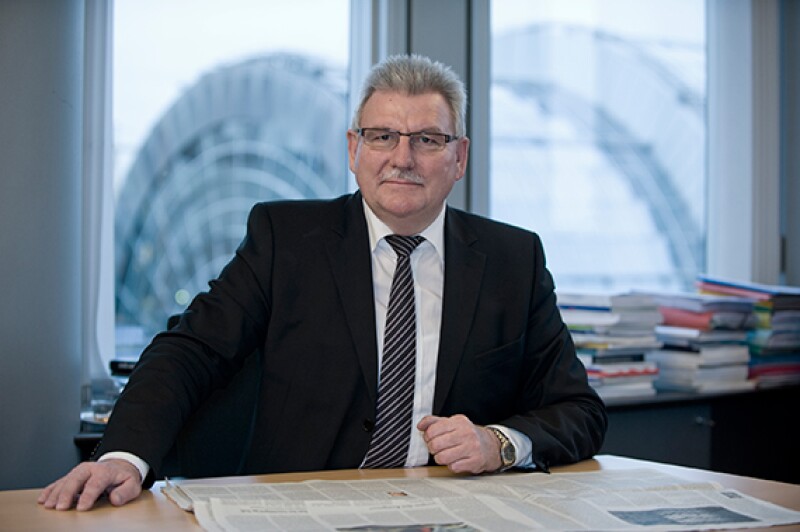
|
Werner Langen is a new entry this year |
The Panama Papers caused big waves when they were leaked in April 2016 and its impact on the EU and its member states resulted in the need to scrutinise the leak and its impact.
The papers, a leak of more than 11 million documents from Panama law firm Mossack Fonseca, revealed the various ways celebrities, politicians and others can exploit offshore tax regimes and evade taxes.
Following the Panama Papers leaks, the European Parliament decided on June 8 2016, to establish a committee that was given a 12-month mandate to investigate alleged contraventions and maladministration in the application of EU law in relation to money laundering, tax avoidance and tax. The 65 committee members and the 65 substitute members are investigating the alleged failures, as required by the committee's mandate.
Werner Langen, a German member of the Christian Democrats party, was appointed as chair of the committee on July 12.
The committee's first meeting took place in September, and over the following 12 months it said it would investigate whether "national governments and the European Commission failed to properly implement EU anti-tax avoidance and financial transparency rules". The committee will also consider whether governments breached their treaty commitment to sincere cooperation by not taking action against secretive tax avoidance structures.
Although offshore tax structures are often perfectly legal, the leaks showed that they are often used for purposes other than inheritance and estate planning. "Tax justice and fair tax competition are essential elements of the European single market as well as a fair global system of labour division in the context of globalisation," Langen said.
The German Christian Democrat said that he wanted clarifications and suggestions on what went wrong in the years and decades leading up to the release of the Panama Papers.
However, the committee's mandate has changed slightly since it was first established as it will also be examining the Bahama Leaks and the case of former EU Competition Commissioner Neelie Kroes, who failed to declare a directorship in an offshore firm while she held the competition portfolio.
"Ms Kroes told us she had given up all her engagements. After her hearing for that post she passed the vote in the Economic and Monetary Affairs Committee with a narrow majority of 24 to 22. With the current knowledge, the outcome could well have been different. We want to hear [from] Ms Kroes", Langen said.
During hearings throughout the 12-month period, the committee will scrutinise confidential information, invite witnesses and organise hearings to get to the bottom of what went wrong. To date, the committee has heard from the Nobel Prize-winning economist Joseph Stiglitz and experts on anti-money laundering enforcement in Belgium and Germany, among others. The final report will be published before the committee's mandate ends on June 8 2017.
The Global Tax 50 2016 |
|
|---|---|
The top 10 • Ranked in order of influence |
|
2. The International Consortium of Investigative Journalists |
|
3. Brexit |
4. Arun Jaitley |
5. Jacob Lew |
|
10. Donald Trump |
|
The remaining 40 • In alphabetic order |
|









